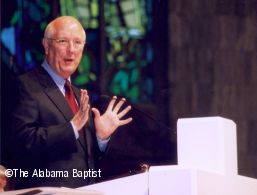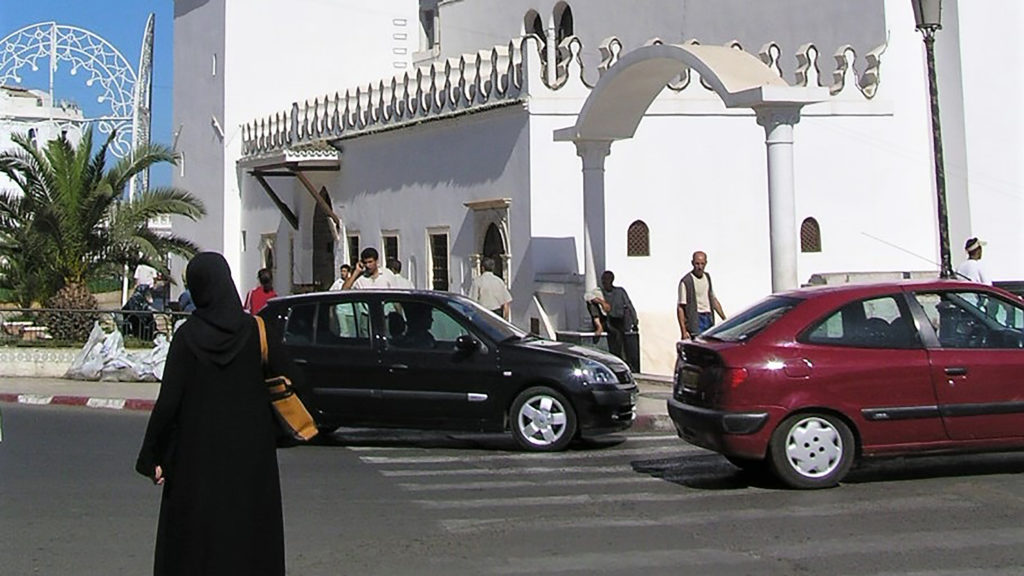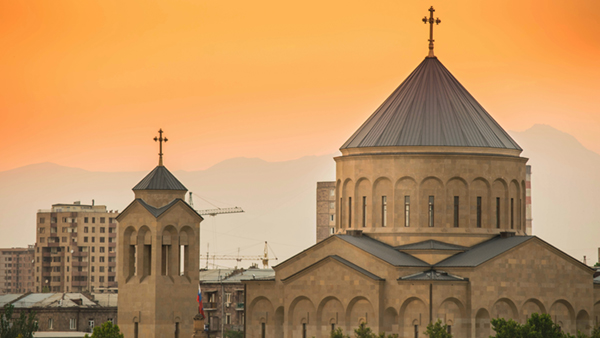People warned it would happen. When Congress first considered moving Memorial Day away from its original May 30 date to the last Monday of May, several sociologists cautioned that within a decade American citizens would forget the meaning of the observance and instead celebrate a three-day weekend.
Since 1971 when the change was officially made, that is what has happened for the majority of the American public according to several opinion surveys. Now more people associate Memorial Day with the unofficial beginning of summer than with anything else. That the day is America’s way of honoring those who gave the “full measure of devotion” for their country seems to be fading from public consciousness.
Perhaps that is not surprising. Few of us face the reality of death. It seems morbid. Culture teaches us to deny death as if by failing to prepare for it will somehow slow its coming.
But death is real, especially for the men and women who have and do serve in the nation’s military. The number of individuals who gave their lives in military service of the United States numbers more than 1.3 million and continues to grow. It was their sacrifices that helped establish the nation. It was their valor that kept our nation united. It was their gallantry that crushed the Axis powers of World War II. It was their relentless pursuit that brought Osama bin Laden to justice.
One should never forget that during the last century egomaniacs have threatened the world. Power crazed rulers have promised to destroy this nation. Ideologies of every description have boasted of their superiority and warned of America’s looming demise. Yet America stands while many of its enemies are footnotes in history books. America’s freedom, America’s values, America’s existence, even America’s safety is due, in large part, to the soldiers, marines, sailors, airmen and coastguard who gave their lives in the service of their nation.
Memorial Day may be a somber day for we do grieve for those whose lives have been lost. We do remember the families whose hearts still suffer from such losses. That is why flags fly at half staff for the morning hours of the day and that is why the nation is asked to pause at 3 p.m. on Memorial Day for a moment of silence (the National Moment of Remembrance Act).
But Memorial Day is also a day of honor. It is a day for Americans collectively and individually to honor the bravery and heroism of those fallen in the nation’s service. The special day acknowledges the bond successive generations have with those brave men and women. The day also reminds the living of their responsibility to those who come after them. In every Memorial Day observance, there is the haunting question about whether this generation will accept its duty to preserve freedom, faith and family for those yet to come.
The poem In Flanders Field, written after World War I, captures that truth with the lines
“To you from failing hands we throw
The torch, be yours to hold it high.”
Every generation since the nation’s founding has faced challenges. My grandfather’s generation had World War I. My father faced World War II. My generation lived through Vietnam. My children’s generation faced the Persian Gulf War, Somalia and Bosnia. Now it is Iraq, Afghanistan and the War on Terror.
The question each generation must decide is whether or not to face the hardships and make the sacrifices necessary for those who come behind them to enjoy the blessings of liberty. The alternative is to claim the blessings of the sacrifice of others for ourselves only to have those blessings swept away by our own indulgence and forgetfulness.
The way of sacrifice is the way of love. John 15:13 states, “Greater love hath no man than this, that he may lay down his life for his friends.” It is not inappropriate to apply this truth to those who have died in the service of their country. And it is not inappropriate to ask if subsequent generations will be characterized by such a love ethic.
In the Old Testament, Joshua 4 stresses the importance of remembering. As Joshua embarked on his first effort as leader after the death of Moses, the Lord told him to have a representative of each of the 12 tribes pick up a stone from the middle of the Jordan River where the priest stood with the Ark of the Covenant. After crossing the river, the stones were to be assembled as a memorial to the mighty act of God that eventful day.
Joshua told the Hebrews that in time to come when children ask the meaning of the stone altar, the fathers were to tell them, “Israel came over this Jordan on dry land. For the Lord your God dried up the waters of Jordan from before you until ye were passed over as the Lord your God did to the Red Sea”(Josh. 4:22–23).
Remembering was important for the Jews. It is important for us and Memorial Day helps us recall the great sacrifice of others and challenges us to equal faithfulness.
So whether you observe the day by participating in memorial services at a national cemetery or taking part in a Memorial Day parade or sharing in a family picnic, take time to remember the purpose of Memorial Day. Celebrate that meaning with those around you. Memorial Day is too important to be lost in the busyness of another three-day weekend.






Share with others: